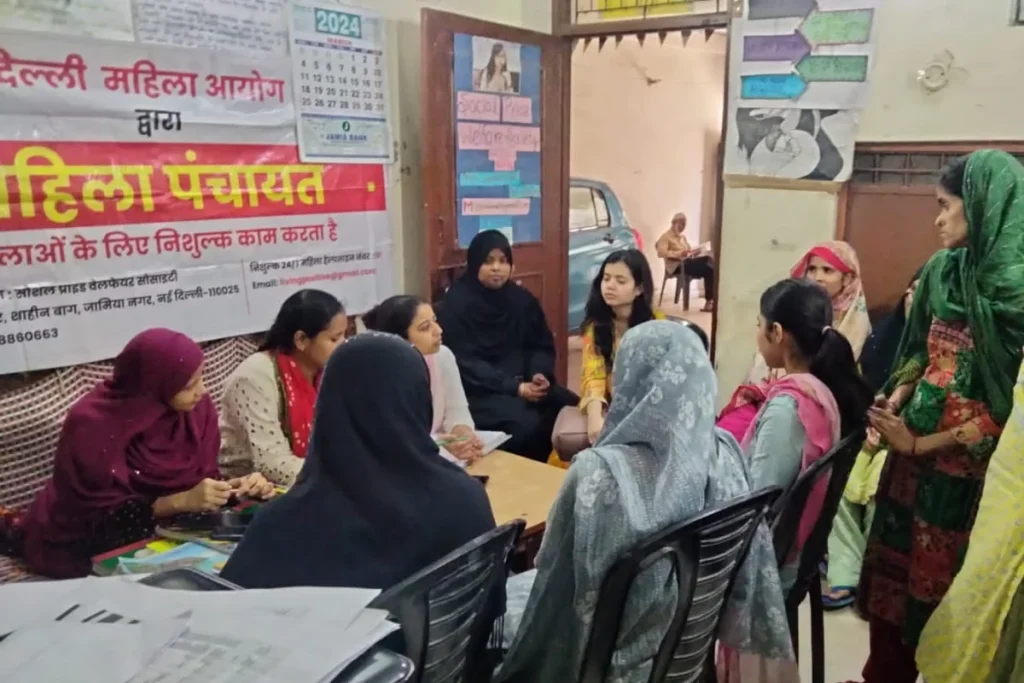
Image credit - Syed Ziyauddin
A new academic study has revealed that the widespread issue of violence against women in India cannot be solved by men adopting protective roles, as such patriarchal beliefs can be damaging. Conducted by researchers from the UK, New Zealand, and the US, the study highlights how framing women’s safety in protective terms can actually make them more vulnerable, as it perpetuates gender inequality and male dominance in relationships.
The research, titled “Ambivalent Sexism and Tolerance of Violence Against Women in India,” was published in Psychological Science, a leading journal in the field. It explores how both hostile sexism, which views women as manipulative and power-seeking, and benevolent sexism, which presents women as caring and in need of protection, contribute to the tolerance of violence against women in Indian society.
Harmful Beliefs Reinforce Gender Inequality
According to the study, men who endorse hostile sexism are more tolerant of violence against women, whether it is perpetrated by strangers or intimate partners. On the other hand, men who believe in benevolent sexism, where women are seen as deserving protection and admiration, are less tolerant of violence from outsiders but more accepting of spousal violence.
The study points out that even though benevolent sexism may appear to offer women protection, it also makes them more vulnerable to abuse by those who claim to protect them. “Any protection from public violence that women gain from benevolent sexism also means they are more vulnerable to violence committed by their ‘protectors,’” the paper states.
Patriarchal Protection Increases Vulnerability
The researchers argue that the notion of men protecting women creates a power dynamic that subordinates women to their male partners. This dynamic allows men to exercise dominance in relationships, often legitimizing violence within the home. The study emphasizes that this belief system not only perpetuates violence but also hinders efforts to empower women and promote gender equality.
Lead author Dr. Nikhil Sengupta, from the University of Kent, UK, explained that addressing violence against women requires challenging not only hostile sexist stereotypes but also seemingly well-meaning yet patriarchal beliefs. He added, “If reducing violence against women is framed in ways that restrict women’s autonomy, especially with respect to their male partners, it makes them more vulnerable. True solutions lie in greater empowerment and autonomy for women, both in relationships and society.”
Implications for Gender Equality
The study also refers to the high-profile cases of sexual assault in India, as well as the “less conspicuous” forms of violence women face daily, such as sexual harassment and domestic abuse. The findings underscore the need for a societal shift away from patriarchal norms toward genuine gender equality, where women are empowered to make their own decisions without relying on male protection.
The researchers argue that to effectively combat violence against women, society must not only address hostile sexism but also dismantle the protective yet restrictive patriarchal beliefs that continue to harm women.
for more updates follow ANN MEDIA on facebook , X , Instagram and Linkedin







